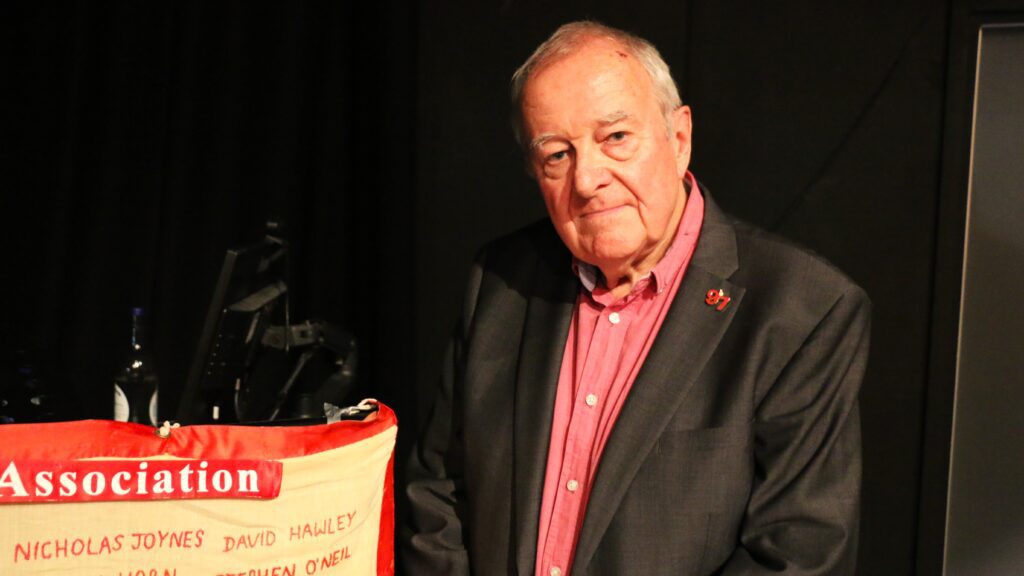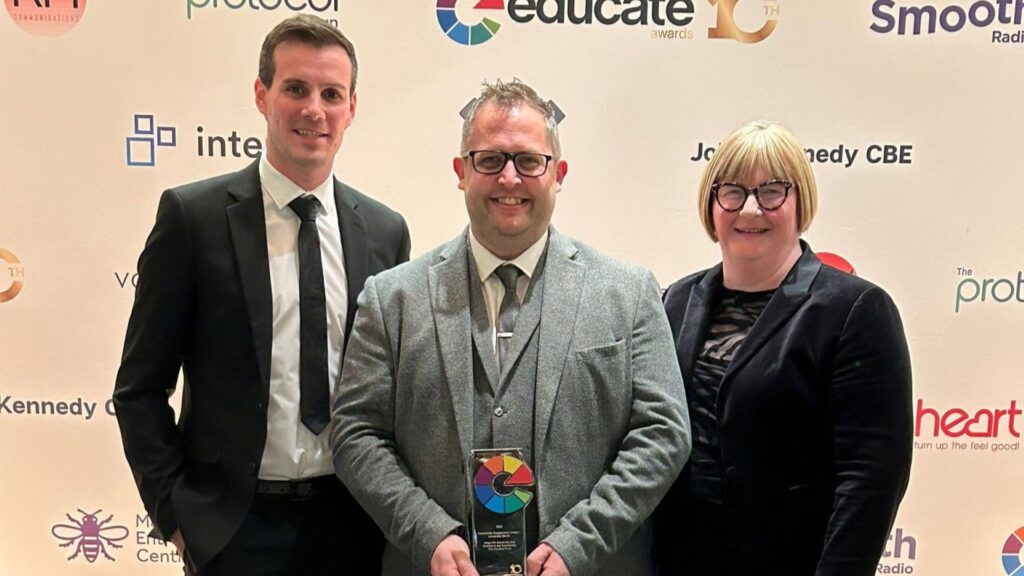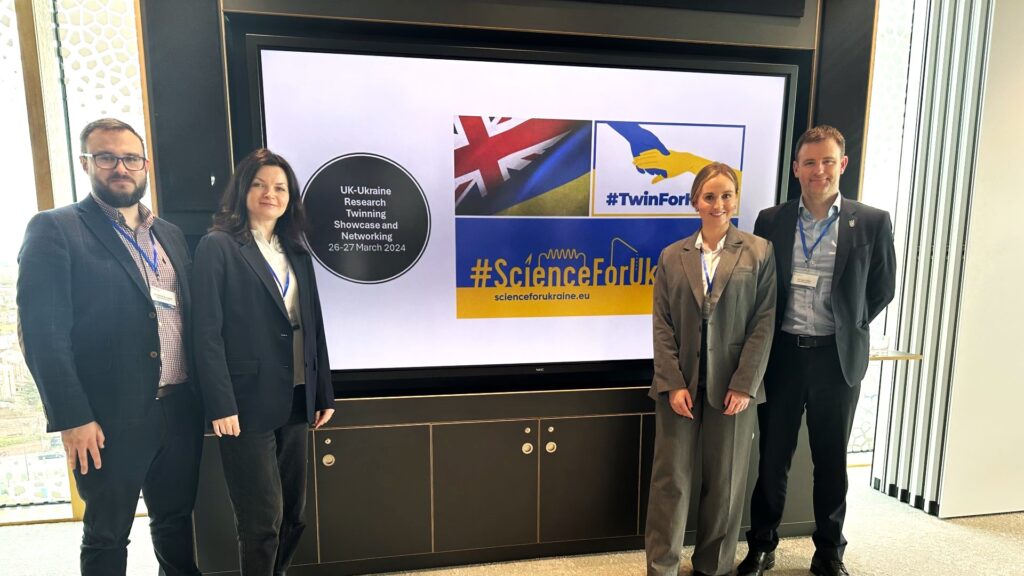Research to explore information sharing between international law enforcement agencies, led by Edge Hill University, has been awarded almost £1 million in funding to tackle serious organised crime and human trafficking.
The UK Research and Innovation (UKRI) Future Leaders Fellowships scheme has awarded a major research grant to the project, ‘Exploring International Law Enforcement Information Exchange’.
Led by Dr Rebecca Phythian, Senior Lecturer in Policing at Edge Hill, the research project has a total value of £959,000 and will run for an initial four years.
Principal investigator, Dr Phythian, will work with a team of policing experts in the UK, Australia, Canada, New Zealand and the USA to inform the delivery of a new global information system to be used by law enforcement agencies around the world.
Experts believe that the new system CGI iD360, designed and built by IT and business consulting services firm CGI, will revolutionise the international landscape of information exchange in law enforcement.
According to Dr Phythian, criminals are benefitting from globalisation without the constraints experienced by law enforcement agencies.
Dr Phythian explained: “In order to successfully tackle transnational crime, we need to ensure cross-border communication is in place with an effective system that allows information to be shared internationally.
“Law enforcement can no longer rely on 20th century technology and methods to effectively police the 21st century. Billions of pounds have been spent across developed countries to improve coordinated intelligence responses, yet there has been no independent analysis as to what works. To effectively meet the demand generated by global offending, an effective solution requires a joined-up approach.”
Dr Phythian highlighted the 2003 Bichard report, an inquiry into child protection following the conviction of Ian Huntley for the murders of Holly Wells and Jessica Chapman in Soham, as an example of why improvements must be made.
She said: “The Bichard Inquiry highlighted how a lack of clear national guidance and standards on information exchange contributed to the failure to share details about the offender. Almost 20 years later, barriers to effective information sharing remain, the law enforcement community must improve on the lessons learned in the aftermath of this case.”
Following the inquiry, the Police National Database (PND) was launched in the UK to enable police to share local information on a national scale and allow investigators to see the full picture of an individual.
Dr Phythian added: “While the benefits of the PND are evident, research has identified that there are limitations associated with a reluctance to share information, a lack of governance, confusing legislation and a resistance to business change.
“This latest research will assess and work with the international criminal justice sector to inform the delivery of an improved similar mechanism on a global scale.”
The UKRI Future Leaders Fellowships scheme has awarded the research project a £767,000 grant. The scheme helps universities and businesses in the UK recruit, develop and retain the world’s best researchers and innovators, regardless of their background.
They can apply for up to £1.5 million to support the research and innovation leaders of the future, keeping the UK at the cutting edge of innovation. Each fellowship will last four to seven years with awardees each receiving between £400,000 and £1.5 million over an initial four years.
Science Minister Amanda Solloway said: “We are putting science and innovation at the heart of our efforts to build back better from the pandemic, empowering our scientific leaders of tomorrow to drive forward game-changing research that could improve all our lives and boost the UK economy.
“Supported by £113m, the Future Leaders Fellowships will equip our most inventive scientists and researchers across the country with the tools to develop and bring their innovations to market quickly – all while helping to secure the UK’s status as a global science superpower.”
UKRI Chief Executive, Professor Dame Ottoline Leyser, said: “I am delighted that UKRI is able to support the next generation of research and innovation leaders through our Future Leaders Fellowship programme.
“The new Fellows announced today will have the support and freedom they need to pursue their research and innovation ideas, delivering new knowledge and understanding and tackling some of the greatest challenges of our time.”
The international team of collaborators and partners include Dr Rebecca Phythian, Scott Keay and Professor Andrew Millie, Edge Hill University; Professor Stuart Kirby, Crime Insights Ltd.; Professor Paul Taylor, Lancaster University and NPCC Chief Scientific Officer; Keith Ditcham, Royal United Services Institute; Professor Laura Huey, Western University; Dr Isabelle Bartkowiak-Théron, University of Tasmania; Dr Eric Piza, John Jay College of Criminal Justice; National Police Chiefs Council; and CGI.
September 8, 2021



